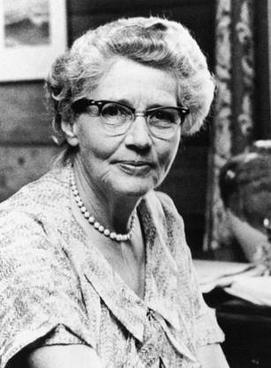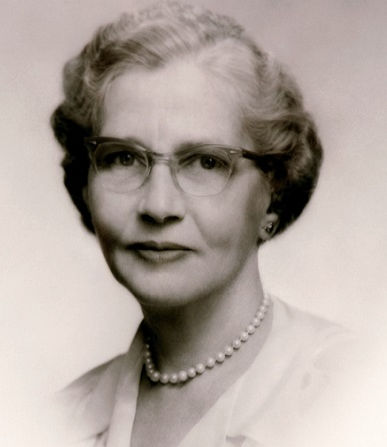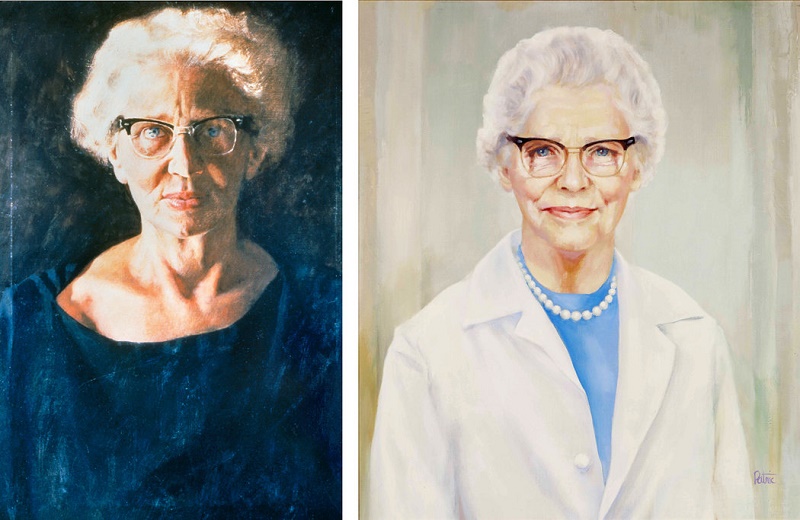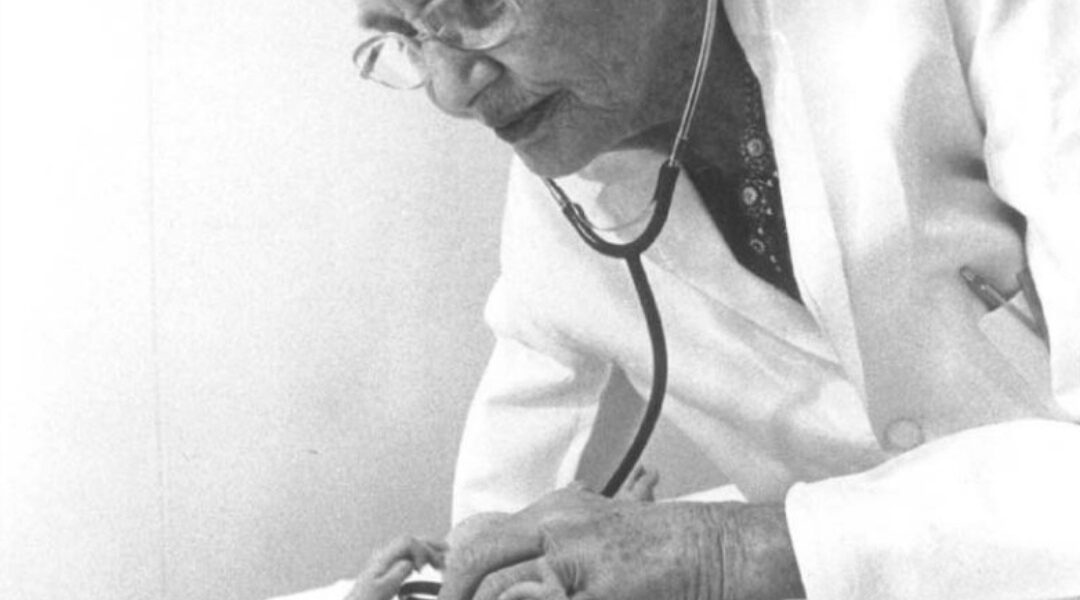
In the early 1920s, when women were expected to marry, not study medicine, Helen B. Taussig dared to dream differently. Every door she knocked on seemed to close — medical schools rejected her, professors dismissed her, and colleagues doubted her.
But Helen was not one to surrender. She wanted to heal hearts, and nothing would stop her from learning how.
After years of persistence, she earned her medical degree from Johns Hopkins in 1927 — one of the few women in her class. She stepped into a field that barely wanted her there and went on to change it forever.
In the 1940s, her name became synonymous with one of the most groundbreaking medical advances in history. Alongside surgeon Alfred Blalock and technician Vivien Thomas, Helen helped develop the Blalock–Taussig shunt — a surgical procedure that gave life to infants born with “blue baby syndrome,” a deadly heart defect that left newborns gasping for air.
For the first time, these babies — once considered beyond help — had a chance to live. Parents who had been told to prepare for loss instead watched their children’s skin turn from blue to pink. Hope had a name, and it was Helen Taussig.
But fate tested her in another way. As her career soared, her hearing began to fade. For most doctors, that would have meant the end. For Helen, it was just another challenge to overcome.
She learned to read lips. She trained her fingertips to “listen” — to feel the rhythm of a child’s heartbeat when her ears could no longer hear it.

What others saw as a disability became her strength, a deeper form of connection between doctor and patient.
Over the decades that followed, she became not just a pioneer, but a force of compassion and courage.
She broke barriers one after another — earning more than 20 honorary degrees, becoming the first female president of the American Heart Association, and in 1964, receiving the Presidential Medal of Freedom.

Helen B. Taussig didn’t just save lives — she redefined what it meant to fight for them.
Her story is a reminder that greatness isn’t born from privilege or ease. It’s born from persistence — from the quiet, steady belief that no obstacle is greater than one’s purpose.
Because sometimes, the greatest hearts in history are not the ones that beat perfectly…

but the ones that refuse to stop trying.




